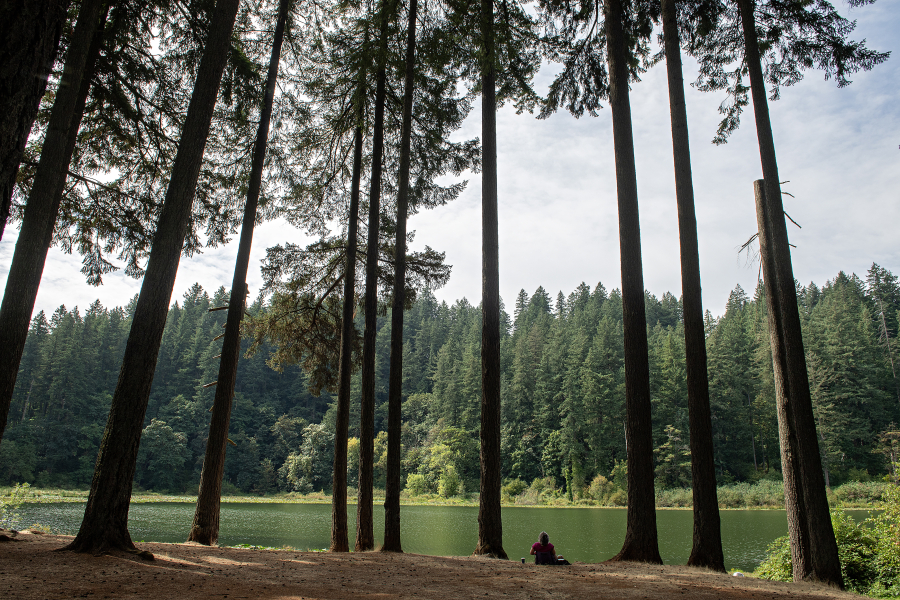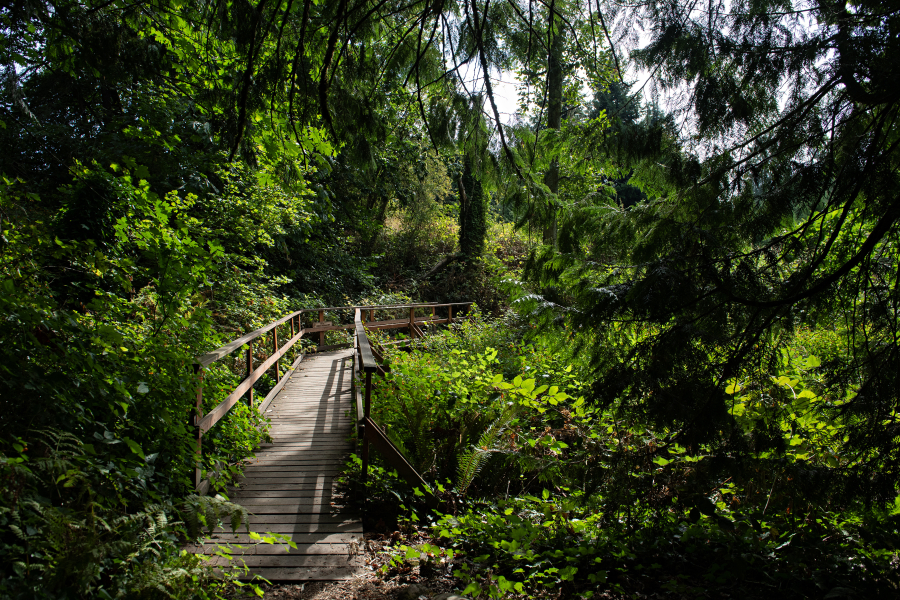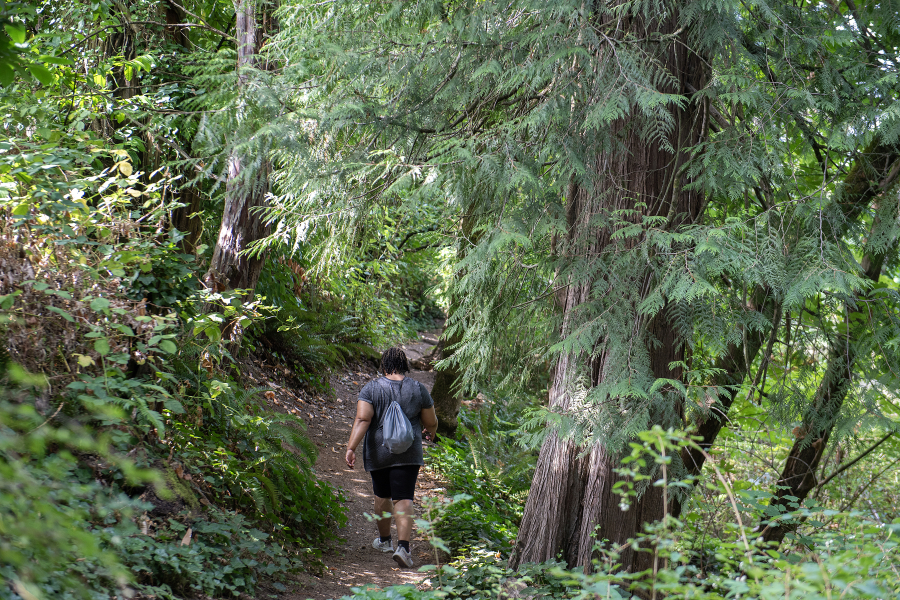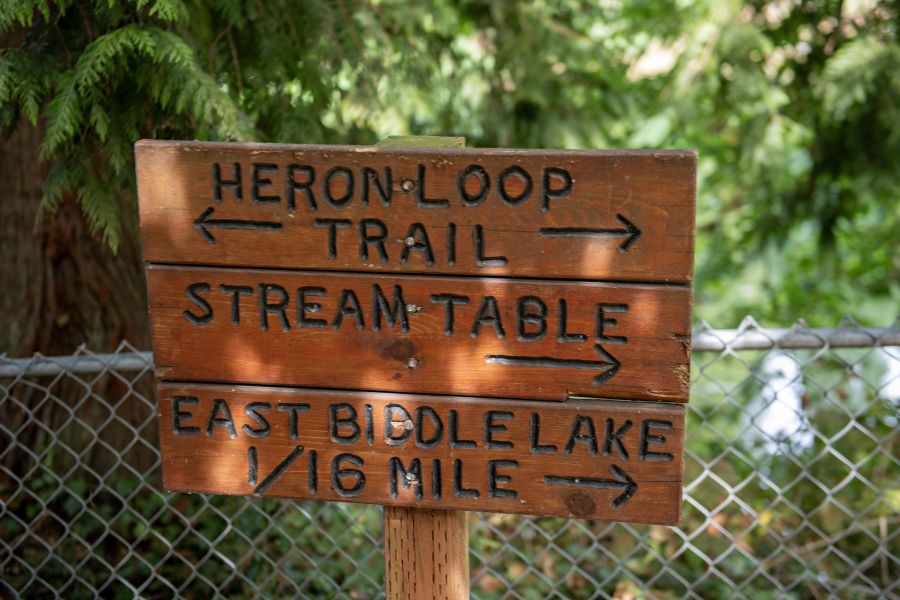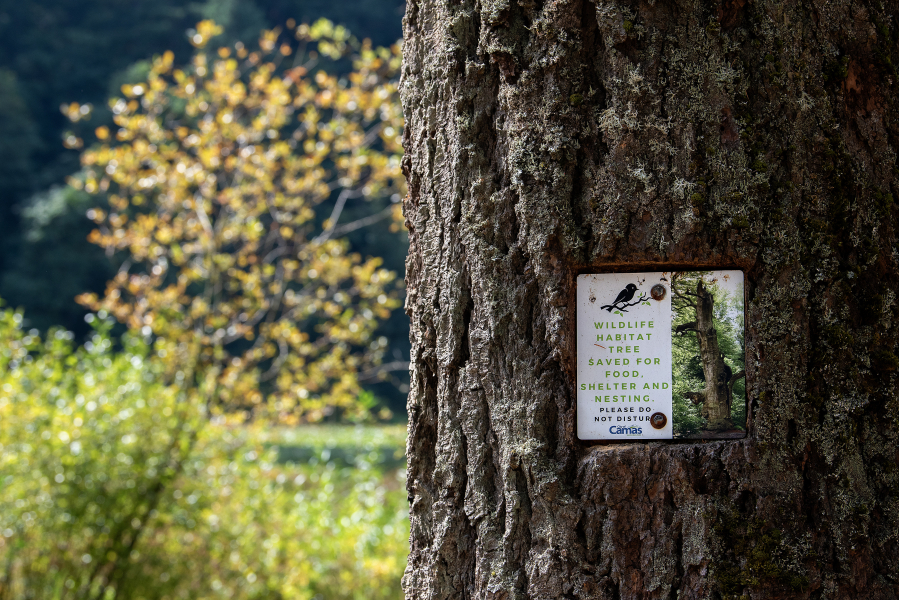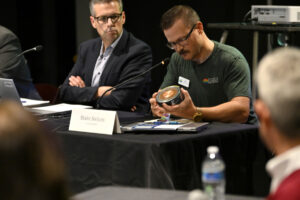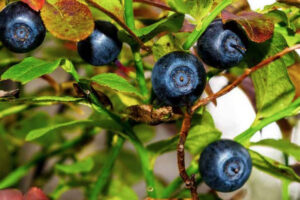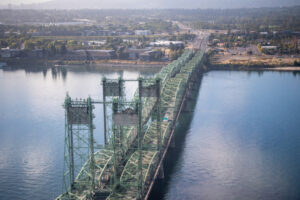If you have enjoyed a hike at Moulton Falls, a walk along the Salmon Creek Greenway or a day on the beach at Frenchman’s Bar, you can thank Clark County’s Legacy Lands program, which marks 40 years in October.
The Legislature created a program in 1971 that lets counties levy a property tax dedicated to land conservation.
Clark County began collecting 6.25 cents per $1,000 of assessed property value and launched its Legacy Lands program in 1985. Since then, the county has purchased and preserved nearly 5,600 acres of farmland, river valleys, wetlands, riparian habitat, narrow canyons, forests and mountain meadows for the benefit of county residents.
“The county has a natural areas acquisition plan that identifies high-value conservation land. That high-value conservation land is a mix of different things like county critical areas, priority habitats, wetland areas and buffers, things of that nature,” said Kevin Tyler, manager of the Legacy Lands program.
The county acquisition plan also includes farm and forest lands eligible for conservation under the state act, Tyler said.


